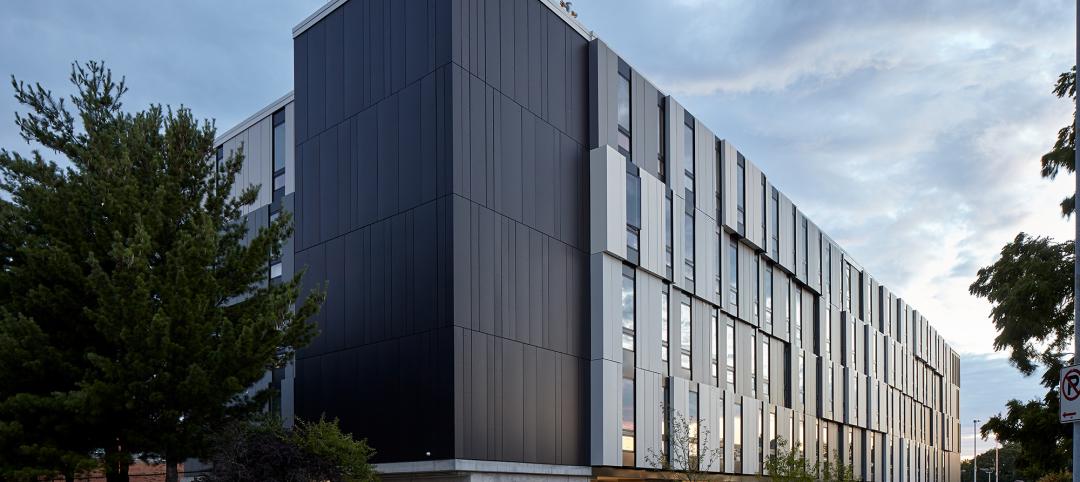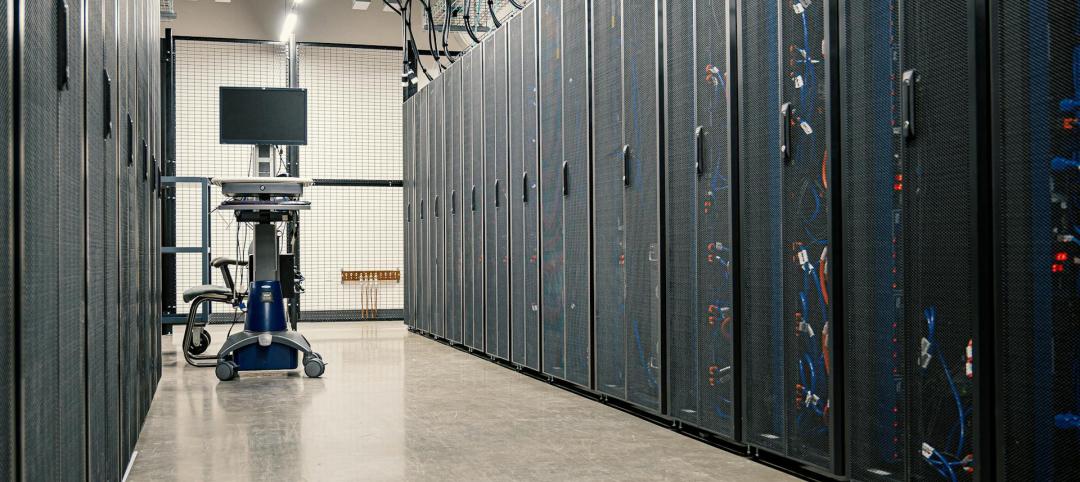Harvard University’s Graduate School of Design (GSD) has launched a new research center that is focused on advancing the energy efficiency of buildings through better design.
The impetus behind the Center for Green Buildings and Cities is what the design school’s dean, Mohsen Mostafavi, describes as a “rapidly urbanizing global economy,” in which cities are building new structures “on a massive scale.” Mohsen contends that this dynamic has led to energy consumption patterns that need to be changed to avoid “dramatic environmental consequences. Improving the energy efficiency of buildings is absolutely critical.”
The Center’s director is Ali Malkawi, a GSD professor who specializes in architectural technology and computation. Dr. Malkawi has also consulted on numerous construction projects, including airport designs, super towers, factories, and commercial and residential building.
The Center is pursuing a “design-centric strategy,” which links research outcomes to the development of new processes, systems, and products. To stimulate ideas and set its agenda, the Center will hold its inaugural Challenge Conference on Nov. 7, whose presenters will include James Carpenter, founder of James Carpenter Design Associates; Gordon Gill, a founding partner of Adrian Smith + Gordon Gill Architecture; Phil Harrison, president and CEO of Perkins + Will; Alejandro Murat, CEO of Infonavit, which provides financing for affordable housing in Mexico; and Joshua Prince-Ramus, a principal of Rex-NYC.
“As the Center gains momentum, its research trajectory will be guided by the outcome of both our preliminary research projects and the feedback from the focused symposia organized by the Center,” its website states.
The Center is backed by Evergrande Group, the giant China-based property developer that recently announced that it would invest nearly $15 billion to build 9.2 gigawatts of photovoltaic projects in that country, according to the National Business Daily newspaper. The terms of Evergrande’s support of the Center were not disclosed.
Related Stories
Curtain Wall | Aug 15, 2024
7 steps to investigating curtain wall leaks
It is common for significant curtain wall leakage to involve multiple variables. Therefore, a comprehensive multi-faceted investigation is required to determine the origin of leakage, according to building enclosure consultants Richard Aeck and John A. Rudisill with Rimkus.
MFPRO+ News | Aug 14, 2024
Report outlines how Atlanta can collaborate with private sector to spur more housing construction
A report by an Urban Land Institute’s Advisory Services panel, commissioned by the city’s housing authority, Atlanta Housing (AH), offered ways the city could collaborate with developers to spur more housing construction.
Adaptive Reuse | Aug 14, 2024
KPF unveils design for repositioning of Norman Foster’s 8 Canada Square tower in London
8 Canada Square, a Norman Foster-designed office building that’s currently the global headquarters of HSBC Holdings, will have large sections of its façade removed to create landscaped terraces. The project, designed by KPF, will be the world’s largest transformation of an office tower into a sustainable mixed-use building.
Sustainability | Aug 14, 2024
World’s first TRUE Zero Waste for Construction-certified public project delivered in Calif.
The Contra Costa County Administration Building in Martinez, Calif., is the world’s first public project to achieve the zero-waste-focused TRUE Gold certification for construction. The TRUE Certification for Construction program, administered by Green Business Certification Inc. (GBCI), recognizes projects that achieve exceptional levels of waste reduction, reuse, and recycling.
Modular Building | Aug 13, 2024
Strategies for attainable housing design with modular construction
Urban, market-rate housing that lower-income workers can actually afford is one of our country’s biggest needs. For multifamily designers, this challenge presents several opportunities for creating housing that workers can afford on their salaries.
University Buildings | Aug 12, 2024
Planning for growing computer science programs
Driven by emerging AI developments and digital transformation in the business world, university computer science programs are projected to grow by nearly 15% by 2030.
Energy Efficiency | Aug 9, 2024
Artificial intelligence could help reduce energy consumption by as much as 40% by 2050
Artificial intelligence could help U.S. buildings to significantly reduce energy consumption and carbon emissions, according to a paper by researchers at the Lawrence Berkeley National Laboratory.
Sponsored | Healthcare Facilities | Aug 8, 2024
U.S. healthcare building sector trends and innovations for 2024-2025
As new medicines, treatment regimens, and clinical protocols radically alter the medical world, facilities and building environments in which they take form are similarly evolving rapidly. Innovations and trends related to products, materials, assemblies, and building systems for the U.S. healthcare building sector have opened new avenues for better care delivery. Discussions with leading healthcare architecture, engineering, and construction (AEC) firms and owners-operators offer insights into some of the most promising directions. This course is worth 1.0 AIA/HSW learning unit.
Office Buildings | Aug 8, 2024
6 design trends for the legal workplace
Law firms differ from many professional organizations in their need for private offices to meet confidentiality with clients and write and review legal documents in quiet, focused environments
Data Centers | Aug 8, 2024
Global edge data center market to cross $300 billion by 2026, says JLL
Technological megatrends, including IoT and generative AI, will require computing power to be closer to data generation and consumption, fueling growth of edge IT infrastructure, according to a new JLL report.

















